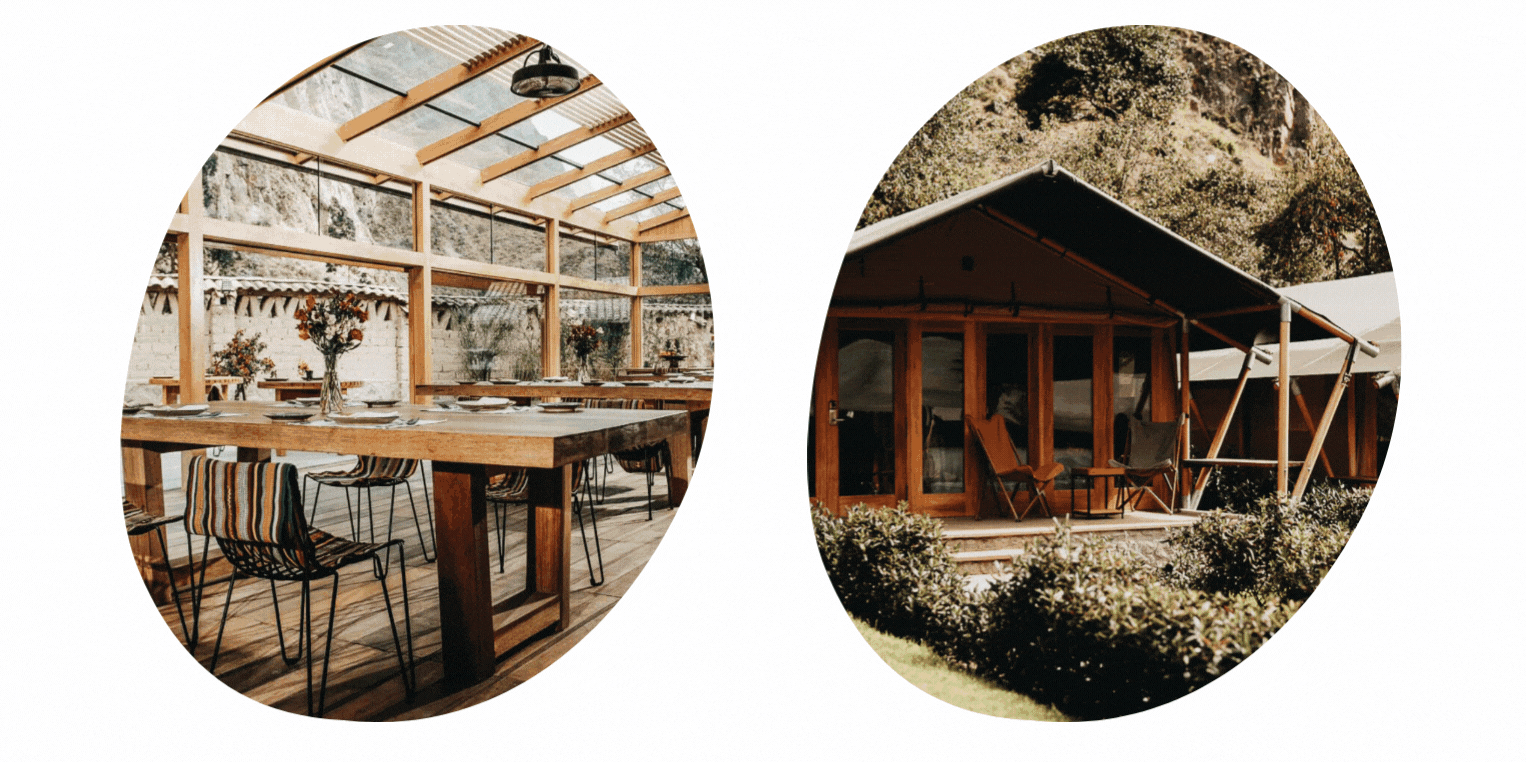
Traveling With Intention.
With travelers gaga for sustainability, smart operators and designers react.
Sustainable travel will be on trend reports every year for the next decade and for good reason. While travel providers have long borne responsibility for the guest experience, more and more travelers now see it as their responsibility to ensure the future of the planet.
Traveling with intention is all the rage. As reported by Accenture, the pandemic inspired 58% of consumers to think more about sustainability, and 86% desire to travel more sustainably, though only half manage to do so often. In its recent Megatrends report, Skift noted, “sustainability can no longer be an afterthought for travel companies,” adding that those making bold, redefining moves as travel picks up “have the potential to become industry leaders in an altered world.”
This potential for leadership is directly correlated to the massive growth of a new consumer who is taking impact into their own hands and holding on tight. Making changes to how your brand speaks to this consumer will have lasting impacts to revenue growth into 2030.
Among those striding forward is Beyond Green, which is making it easier for consumers to pinpoint pre-vetted properties focused on protecting natural and cultural heritage as well as enhancing the well-being of communities around them. The concept was created by ecotourism pioneer Costas Christ, who we profiled as “Sustainability Man” last spring, and Preferred Hotel Group, which acquired Christ’s former outfit Beyond Green Travel a year ago.
However, smart airlines will not be left on the tarmac! Among those flying high and responsibly is Tradewind Aviation, the Connecticut-based leader in regional air mobility. The private airline’s efforts started in 2002 with its use of smaller, very efficient turbo jets, and its current fleet counts single-engine Pilatus PC-12s and Citation CJ3s that have hourly carbon footprints of just .76 and 1.65 metric tons, respectively. In fall 2021, Tradewind committed to a new Carbon Offset Program that will see carbon offsets automatically added to all flights throughout North America and the Caribbean at no cost to passengers, with funds going to TerraPass, a social enterprise that supports greenhouse gas reduction projects such as renewable wind farms.
Back on terra firma, travelers venturing from lockdown have been seeking wide-open spaces, including national parks, which has led to fears of overtourism in rural areas. Result? As discerned by Skift, citing Expedia’s latest Traveler Value Index survey: “[A] conscious consumer cohort is not only seeking to minimize environmental impact, but also paying attention to destinations that are overcrowded…[saying] they would choose less crowded places to visit to avoid contributing to overtourism.”
Wilderness Safaris recently rebuilt and reopened DumaTau Camp along with a smaller sister camp, Little DumaTau, showcasing the company’s commitment to sustainability and conservation in the Linyanti Wilderness Reserve of Botswana. The camps are 100% solar-powered and sustainably operated with food, for instance, primarily of seasonal and local ingredients to cut food miles and support small businesses, and decor items from Botswana artisans adding authenticity and encouraging a sustainable conservation-based economy.
In Peru, Las Qolqas is a newly opened eco-resort located in the ancient town of Ollantaytambo deep in the heart of the Sacred Valley. The concept was founded in hopes of creating a pilot program for the development of more sustainable tourism in the region, and the property, as well as its eponymous non-profit organization, are dedicated to the preservation of the environment, local community, and culture. The resort is dotted with safari-style tent accommodations that are not only energy and thermally efficient but also designed with minimal impact architecture that blends into the stunning surroundings. Additionally, the property’s lighting is solar-powered, all water used is recycled, each ingredient used in the kitchen and spa is locally sourced, and organic crops are cultivated in an onsite orchard. Las Qolqas supports the community and its culture through the offering of immersive experiences that are led by local experts and spiritual guides as well as programs that employ residents and bolster nearby schools.
Air travel will always be a tricky piece of travel for the sustainable consumer to embrace. It was just a few years ago, after all, that flight shaming took off, spurred in part by climate activist Greta Thunberg, who arrived at the 2019 UN Climate Action Summit in New York via racing yacht instead of air. Air carriers have been pressed to reduce carbon emissions, though aviation is actually responsible for only 3.5% climate change, according to a recent study in Atmospheric Environment.
Travelers venturing from lockdown have been seeking wide-open spaces, including national parks, which has led to fears of overtourism in rural areas.
Big Growth For Small Markets.
<<<
Please Pass The Community Culinary Spirit.
>>>





